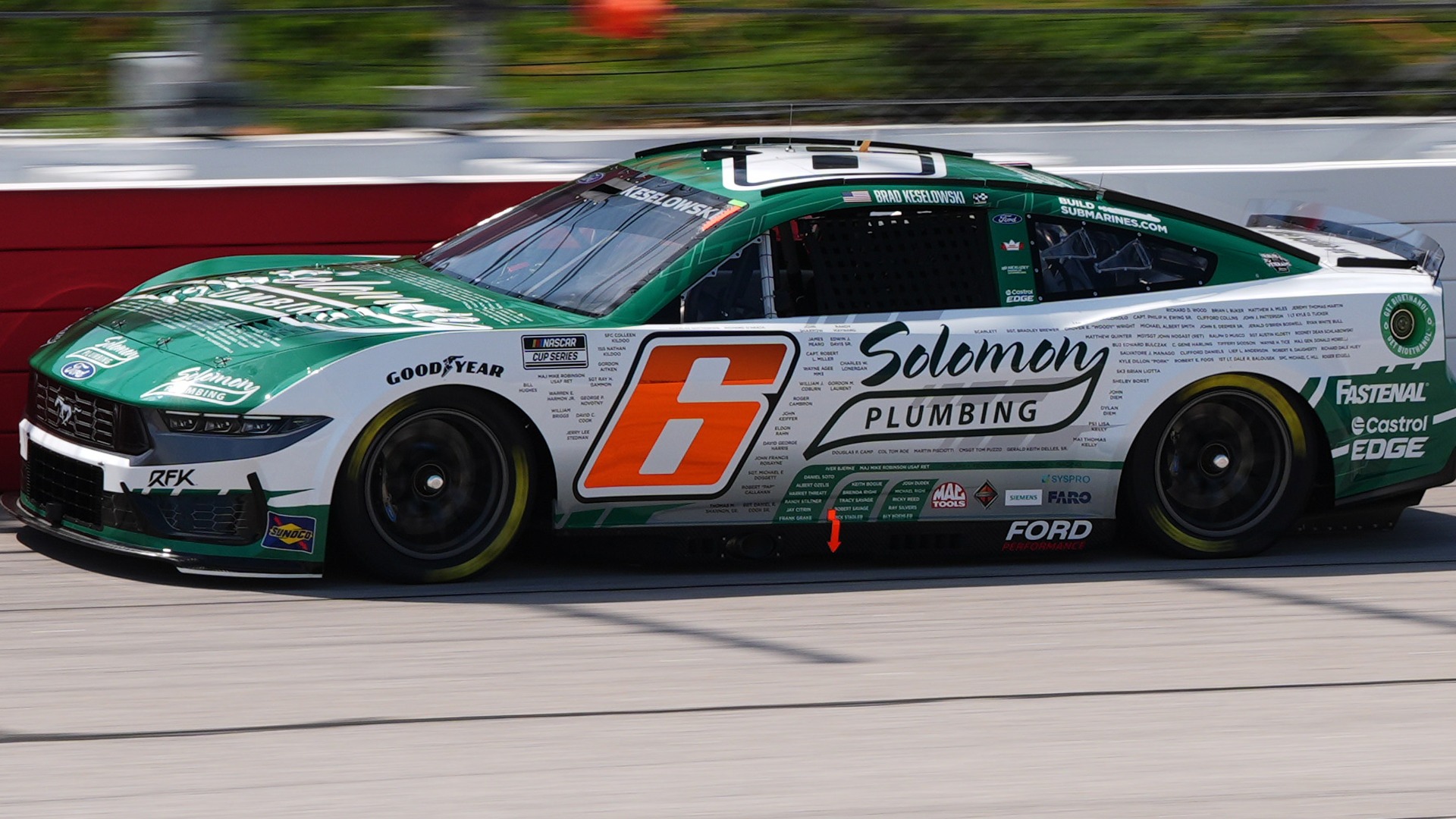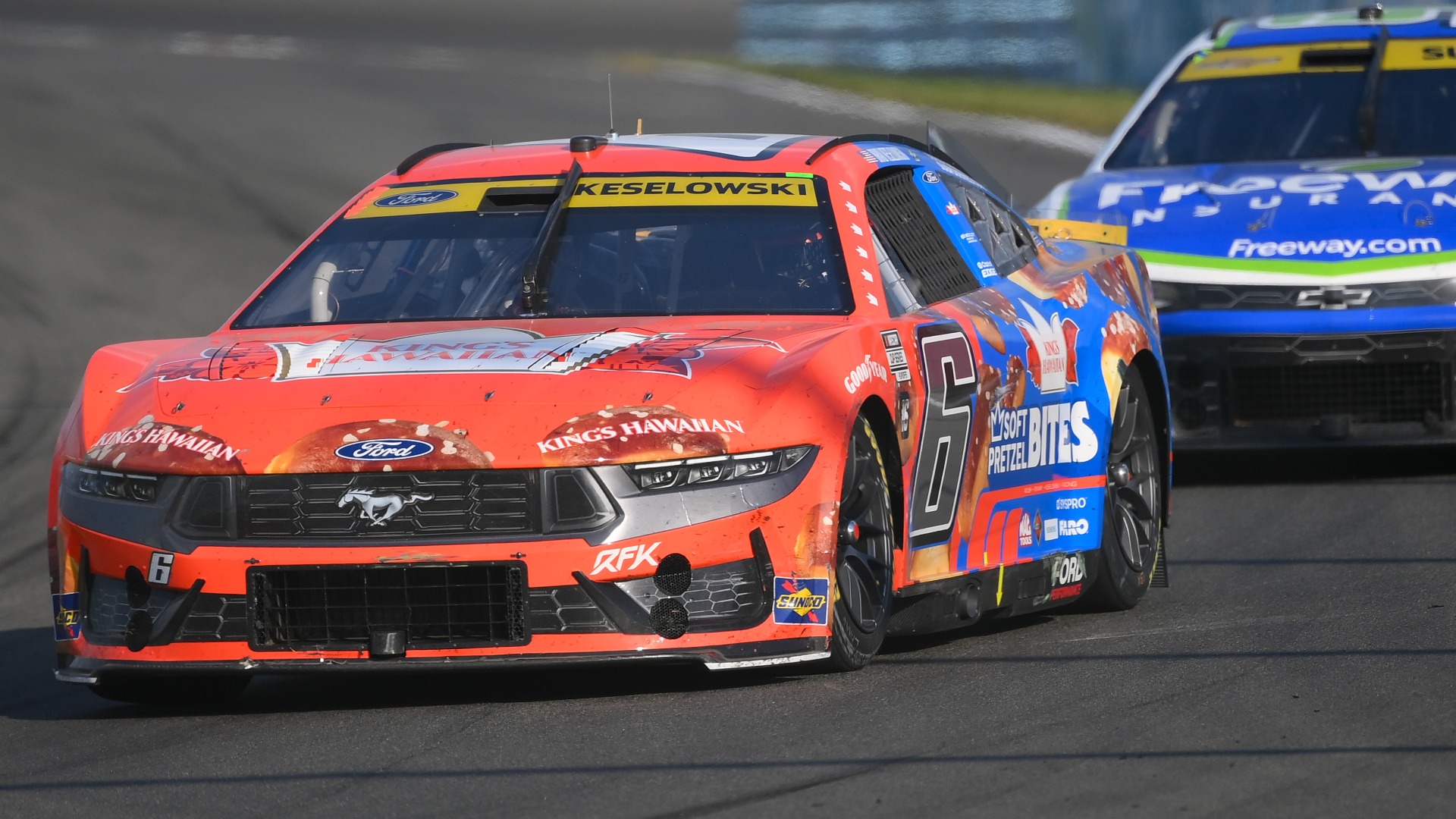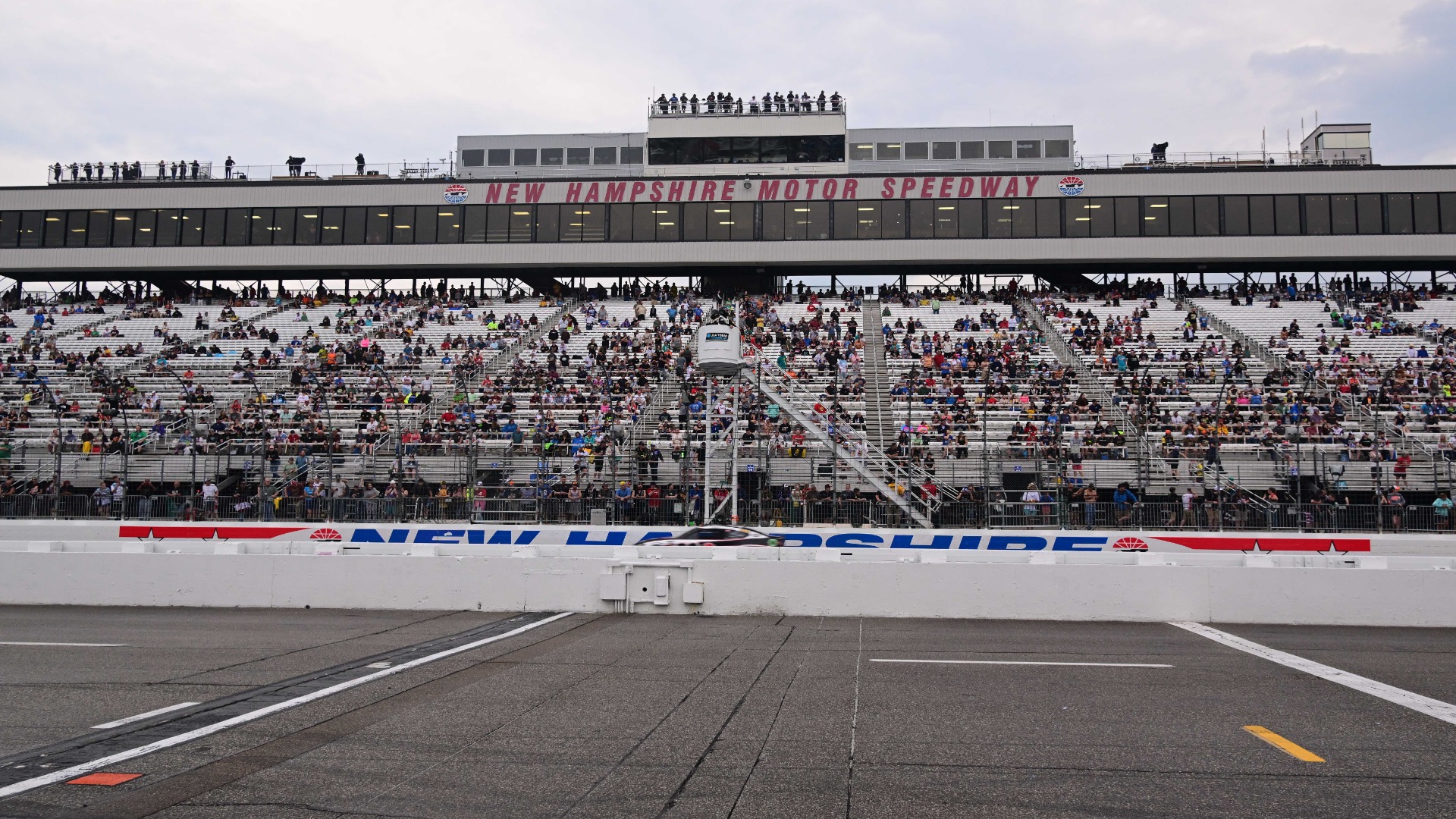As long as people have been looking for ways to improve safety in motorsport, other have used machismo to mock those improvements. Unfortunately, that seemingly never will change.
Formula One commentator David Coulthard ridiculed reigning Formula E champion Lucas di Grassi on Tuesday for suggesting the FIA implement an automated driver warning system in response to a massive pileup in a recent GT World Cup race. Coulthard, however, seemingly misunderstood di Grassi and assumed the Brazilian meant a system that automatically slows cars down.
Let’s also develop an idiot gauge and early warning bad investment system and get virtual life forms to live our perfect life , that way I could have been a champion https://t.co/5HjAbrA7m0
— David Coulthard (@therealdcf1) November 21, 2017
The 33-year-old Audi racer’s proposal followed Friday’s Macau Grand Prix, in which the majority of the field was collected in a wreck. The incident started when two cars collided on the first lap, coming to a rest on the exit of a blind turn.
That won't buff out #MacauGP pic.twitter.com/tEWj7TY7Xq
— Mattzel89 (@Mattzel89) November 18, 2017
Di Grassi, who’s also the CEO of Roborace, ultimately clarified that he doesn’t want driverless technology in traditional racing series, though Coulthard didn’t respond to his explanation. Many people who commented on his original post, however, interestingly understood the context of di Grassi’s tweet, but still criticized it.
Some apparently couldn’t wrap their heads around a racing driver caring about their well-being, and others simply dismissed his idea by claiming “crashes happen.” And one user unsurprisingly resorted to saying, “there’s plenty who will jump at the chance to replace anyone who thinks that way.”
Suggesting that racing drivers should consider themselves lucky to do what they do and blindly accept any risks associated with motorsport is nothing new — it was common refrain in the 1960s in response to Sir Jackie Stewart’s safety movement in F1.
Times have changed, however, and people need to realize that drivers should not have to put themselves at undue risk for fans’ entertainment. In many cases, safety improvements in racing even benefit consumers in the long run once they trickle down into passenger cars.
With respect to di Grassi’s idea, however, it’s the other way around.
Road cars already have features that can sense when a car been has in an accident, and can notify police. Given that racing cars have significantly more onboard sensors, it stands to reason they easily could notify other drivers of an incident ahead.



